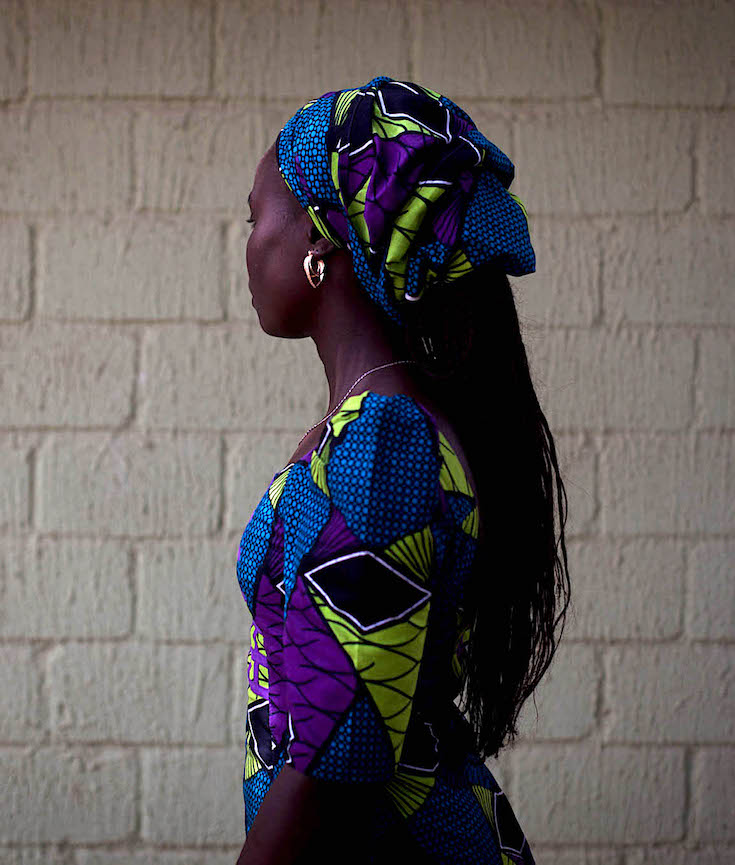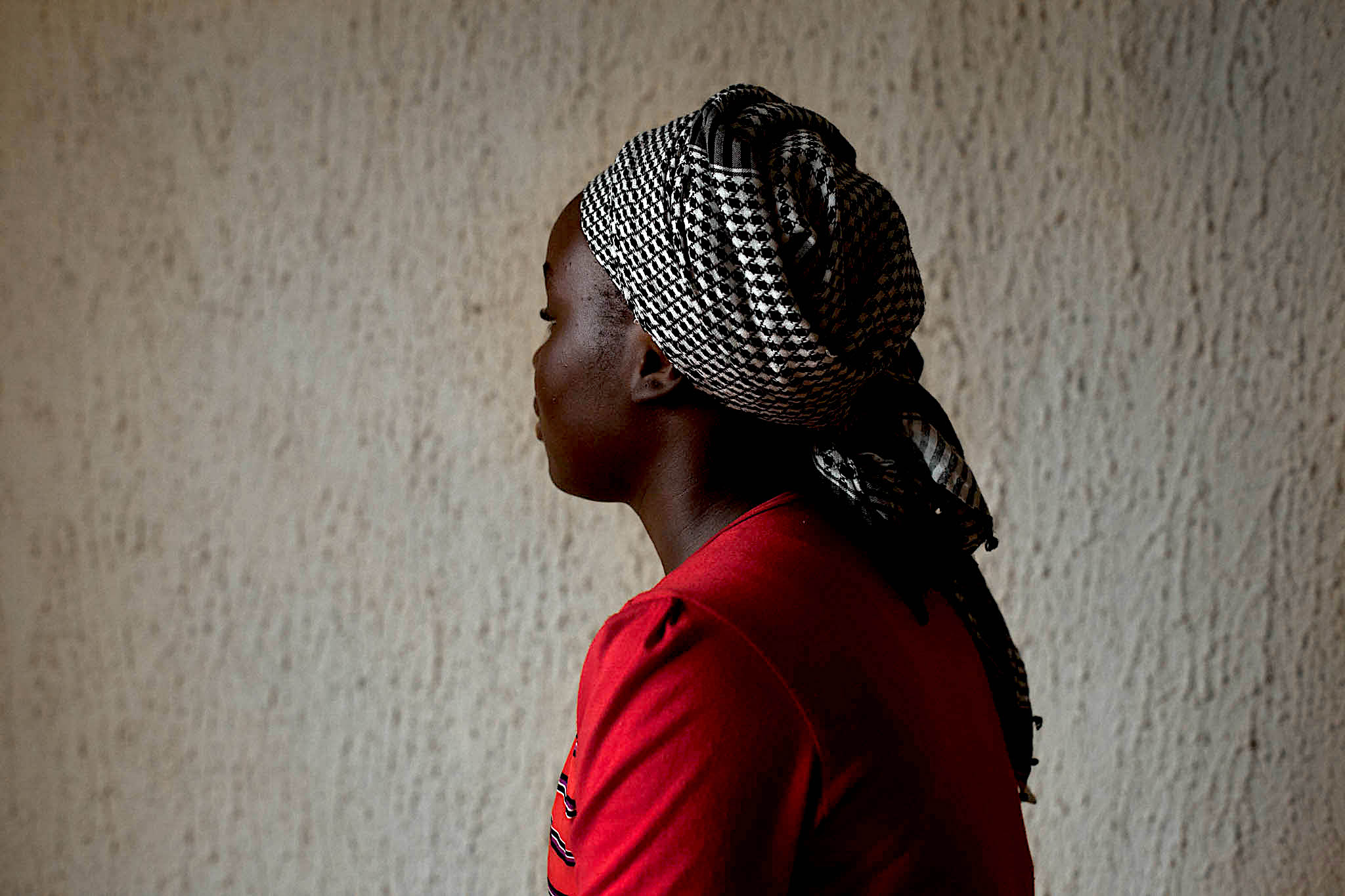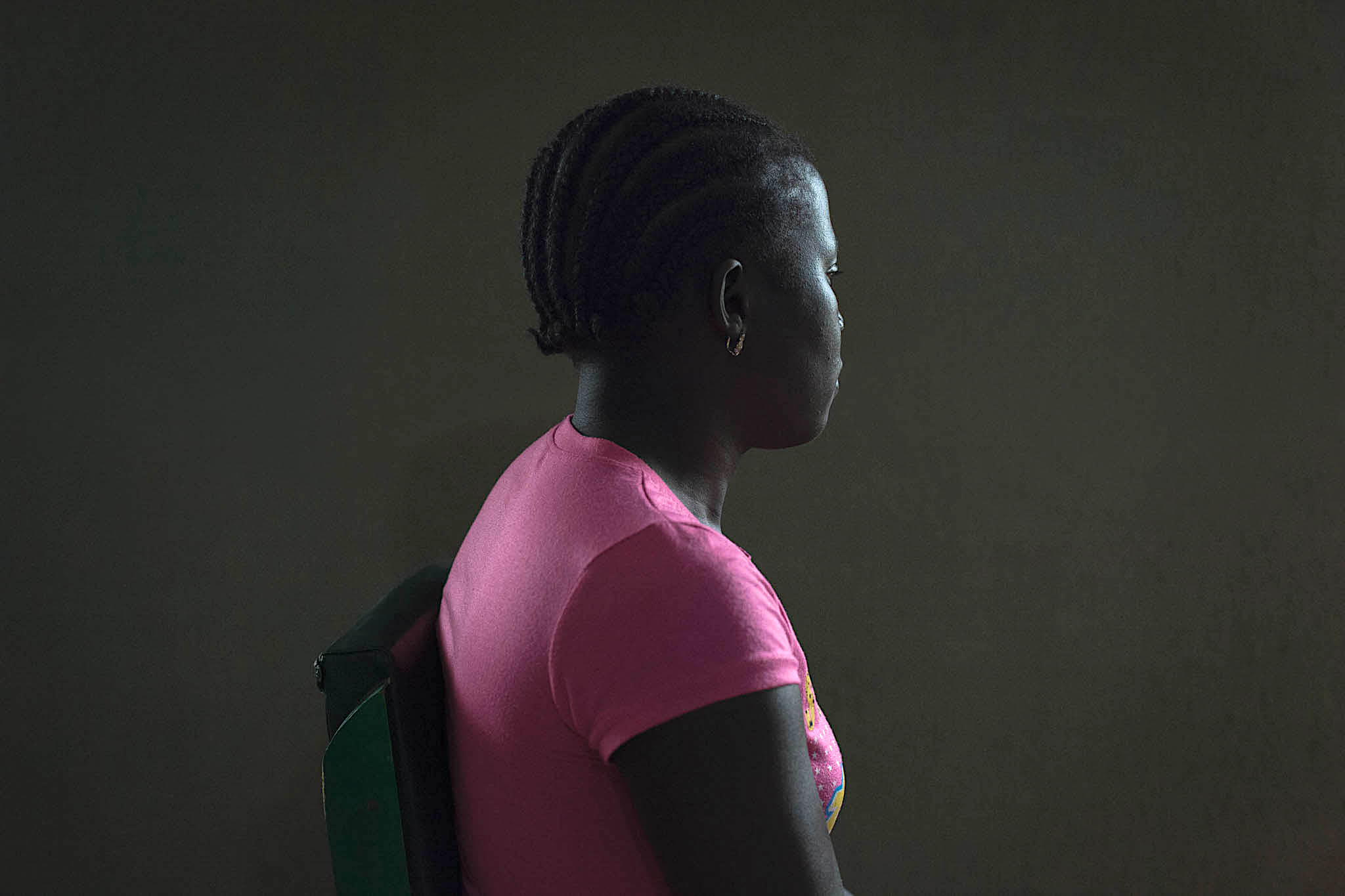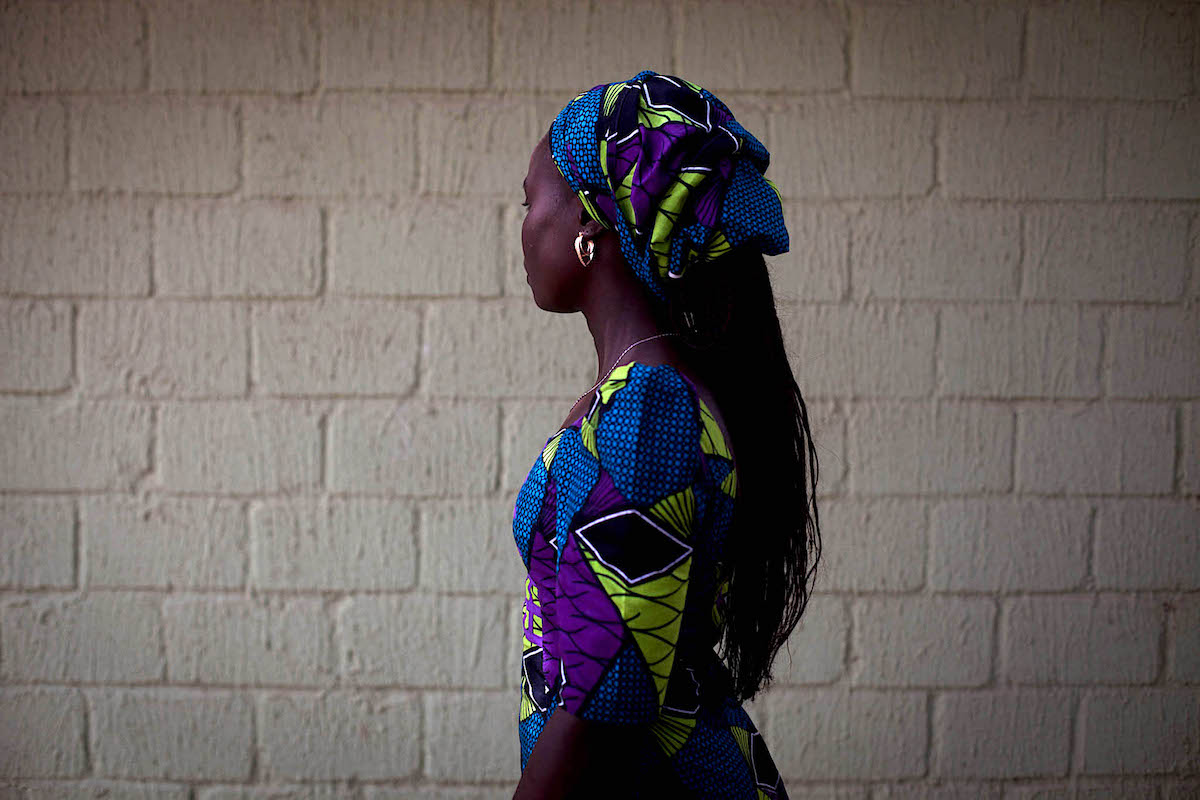Activists were rallying in the capital, Abuja, and commercial hub Lagos to urge President Muhammadu Buhari’s government to do more to free the nearly 200 schoolgirls who remain captive.
Nigeria in October announced the release of 21 of the Chibok schoolgirls after negotiations with the extremist group, and it said another group of 83 girls would be released “very soon.”
[mc4wp_form id=”6042″]
The Federal Republic of Nigeria, commonly referred to as Nigeria, is a federal republic in West Africa, bordering Benin in the west, Chad and Cameroon in the east, and Niger in the north. Its coast in the south lies on the Gulf of Guinea in the Atlantic Ocean. It comprises 36 states and the Federal Capital Territory, where the capital, Abuja is located. Nigeria is officially a democratic secular country.
Modern-day Nigeria has been the site of numerous kingdoms and tribal states over the millennia. The modern state originated from British colonial rule beginning in the 19th century, and the merging of the Southern Nigeria Protectorate and Northern Nigeria Protectorate in 1914. The British set up administrative and legal structures whilst practising indirect rule through traditional chiefdoms. Nigeria became a formally independent federation in 1960, and plunged into a civil war from 1967 to 1970. It has since alternated between democratically elected civilian governments and military dictatorships, until it achieved a stable democracy in 1999, with the 2011 presidential elections considered the first to be reasonably free and fair. (Wikipedia).





You must be logged in to post a comment.